How companies facing a make-or-break 2022 are faring
Find out if these ailing firms are sinking, swimming or just treading water

At the start of this year, we highlighted 15 major names, from Peloton and Pinterest to Facebook parent Meta, that were staring down the barrel of an exceptionally challenging 12 months. With the third quarter of 2022 done and dusted, read on to discover how each of these struggling businesses is getting on and whether any have been able to turn their fortunes around.
Peloton
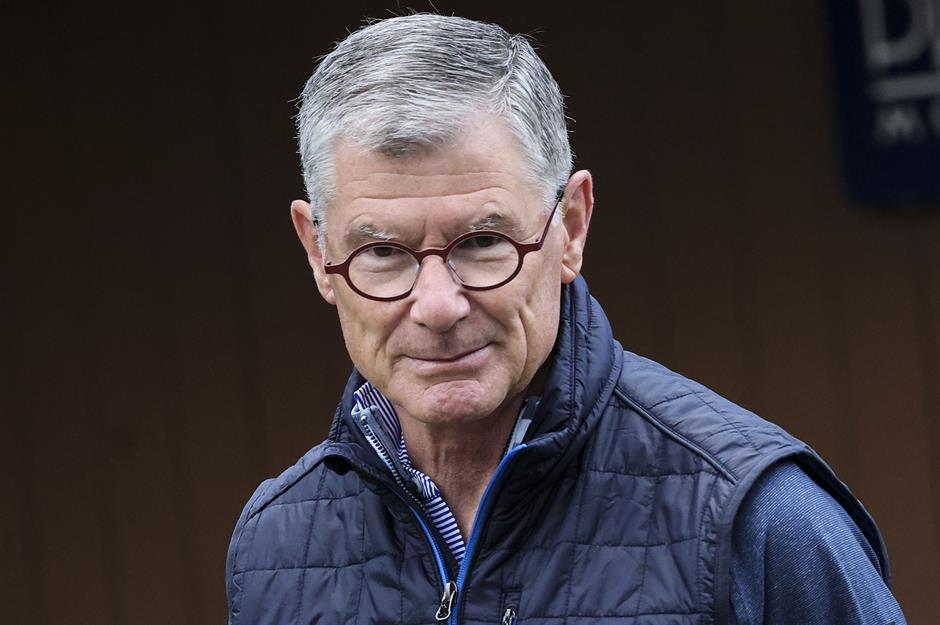
Pandemic success story Peloton faltered in 2021 as gyms reopened and a barrage of bad publicity – including that infamous And Just Like That... cameo when Mr Big died of a heart attack following a bout of exercise on one of its machines – battered its bottom line. Former Spotify CFO Barry McCarthy (pictured) was hired as CEO in February in a bid to revitalise the flagging company and several high-profile staff members have departed this year. McCarthy has tweaked prices, outsourced production, and announced store closures.
McCarthy has also laid off employees. On 6 October, it was announced that Peloton would be cutting 12% of its workforce – more than 500 jobs – in a bid to "save" the company.
Peloton
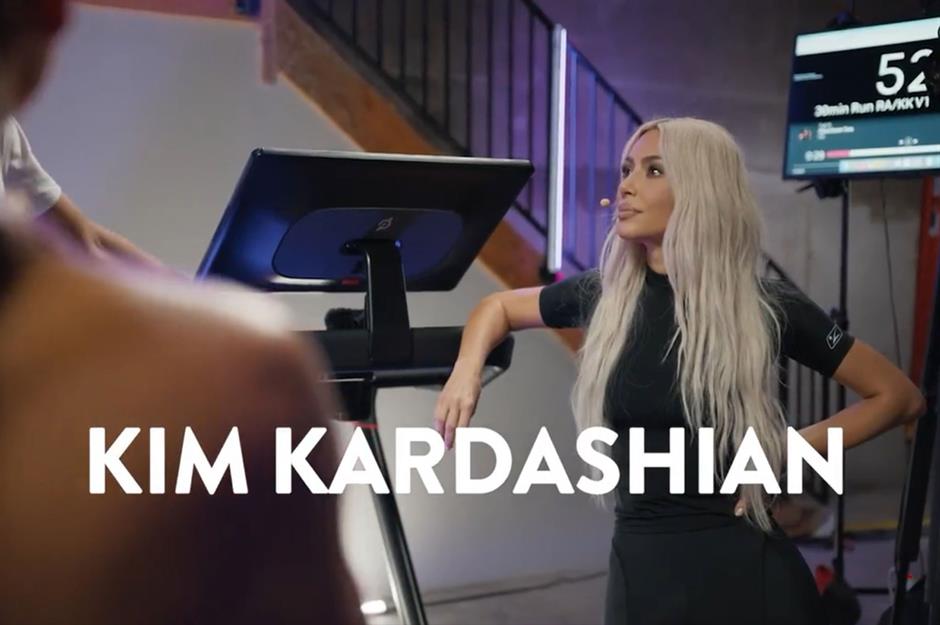
A bike rental option, Kim Kardashian classes and a $3,195 (£2.95k) rowing machine recently launched, and Peloton wares are now sold on Amazon. But despite these turnaround efforts, the at-home fitness firm has bled money for six consecutive quarters, with losses for the most recent totalling $1.2 billion (£1.1bn), while its share price has slumped 77% since the beginning of January.
Speaking to the Wall Street Journal on 6 October, Barry McCarthy stated that if Peloton's fortunes don't change in the next six months, it probably isn't viable as a stand-alone company.
Evergrande

The poster child of China's debt-fuelled property crisis, Evergrande remains the world's most indebted developer after missing a deadline in July to restructure the $300 billion (£272bn) it owes.
The struggling enterprise, which was delisted from the Hong Kong stock exchange in March, has continued to sell off assets in an attempt to balance the books but hasn't been able to appease all its creditors.
Evergrande
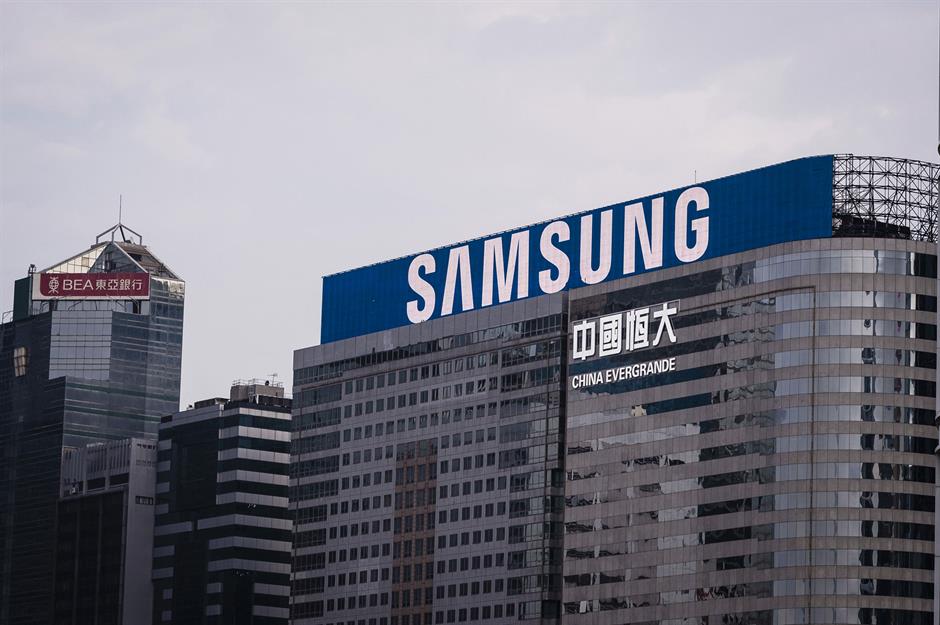
Humiliatingly, Evergrande's Hong Kong HQ was repossessed in September, marking a new low for the company. But it's not all doom and gloom, even as house prices in China fall. Having been granted a debt deadline extension, the real estate behemoth is benefitting from government stimulus cash and has reportedly been making good progress towards completing stalled projects.
Rivian Automotive
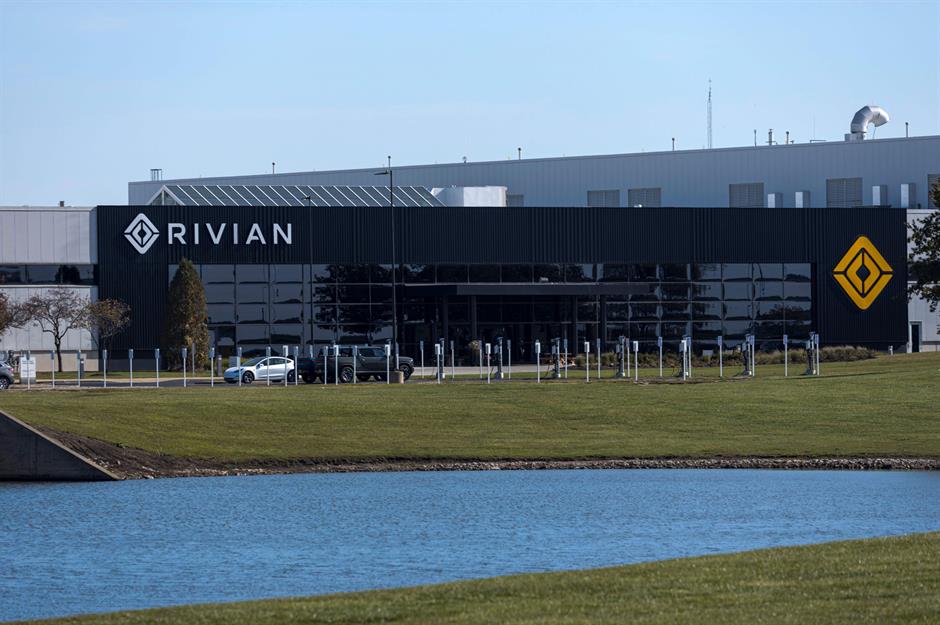
After teething troubles in 2021, Rivian is experiencing full-on growing pains this year, with its share price down 74%. Supply chain disruption and rising inflation are leading to higher costs and worsening the electric truck start-up's ongoing manufacturing woes. In March, the company said it would produce only half the 50,000 EVs it initially planned for 2022 and has since laid off 6% of the workforce.
Rivian Automotive
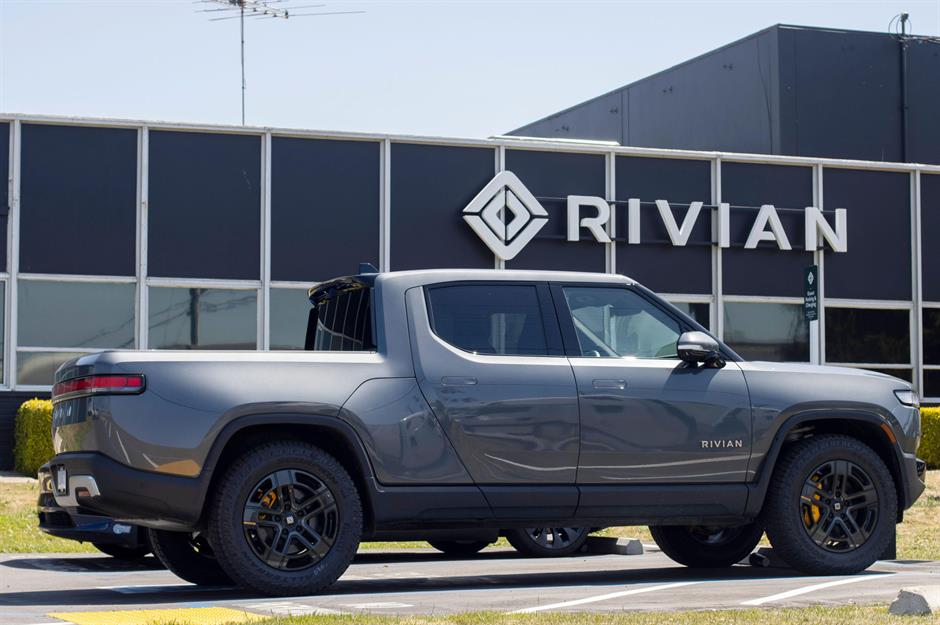
Skyrocketing losses have added to Rivian's problems, while its new $5 billion (£4.5bn) plant in Georgia could be in jeopardy after a state judge recently shot down a $1.5 billion (£1.4bn) incentive package the EV maker was set to garner.
The latest disastrous development is the recall of almost all of Rivian's vehicles. It was discovered that nearly all vehicles delivered to the firms customers – about 13,000 cars and trucks – run the risk of having a loose fastener that might affect a driver's ability to steer.
On a positive note, Rivian has entered into a partnership with Mercedes and, in spite of the setbacks, its longer-term future does still look bright.
Robinhood
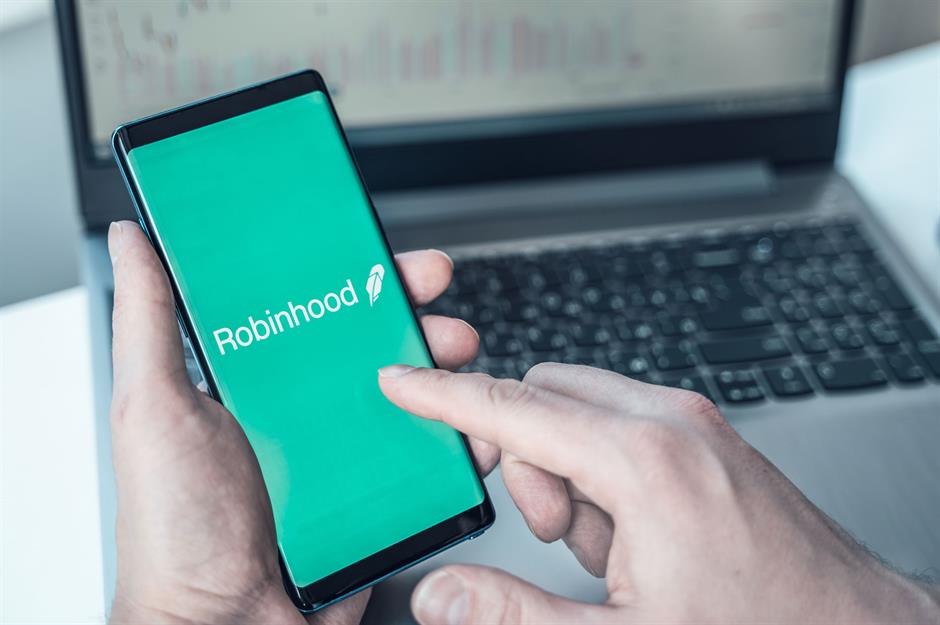
The pioneer of commission-free app-based stock trading is having a tough 2022. Amid a bear market and cryptocurrency downturn, business has been far from brisk, with monthly users as well as revenues declining. In the most recently quarter, earnings had dropped 44% year on year and Robinhood has been burning through cash, so much so that it's had to lay off a big chunk of its workforce.
Robinhood
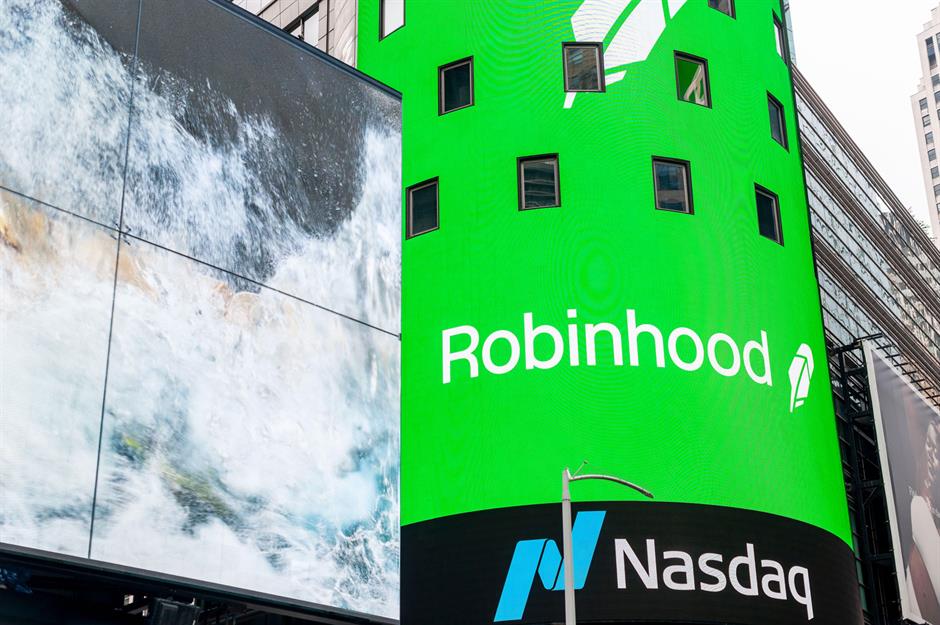
Making matters worse, the brokerage app has fallen foul of regulators and landed some hefty fines this year. No wonder its stock is down 45% since the start of January.
Still, Robinhood has held on to much of its core customer base and continues to expand its offerings. It even expects to post a profit by the end of December, so there's a decent amount of light at the end of the tunnel.
Zoom

Another major success story of the pandemic, Zoom's phenomenal growth waned last year as legions of workers returned to the office. And while the video conferencing platform continues to expand at a rate other companies could only dream of, the relative slowdown has impacted heavily on the company share price, which has fallen 60% since the beginning of January.
Zoom
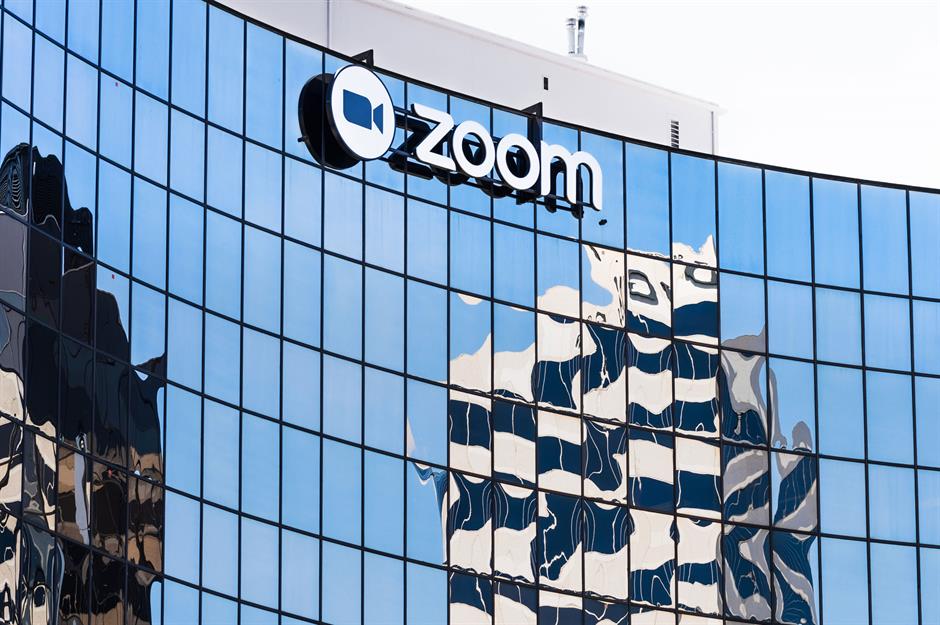
Be that as it may, the work from home revolution does appear to be here to stay, so Zoom's future prospects seem very promising indeed, especially given that it's already highly profitable. This does however depend on whether it can fend off intensifying competition from the likes of Microsoft's Teams, RingCentral and Cisco.
SpaceX

SpaceX head-honcho Elon Musk warned in an email that was leaked last November that the company was at risk of collapse in 2022. Concerns over production delays plaguing the company's much-anticipated Starship rocket were putting the company at “a genuine risk of bankruptcy”. However, Musk's fears have turned out to be completely unfounded.
SpaceX
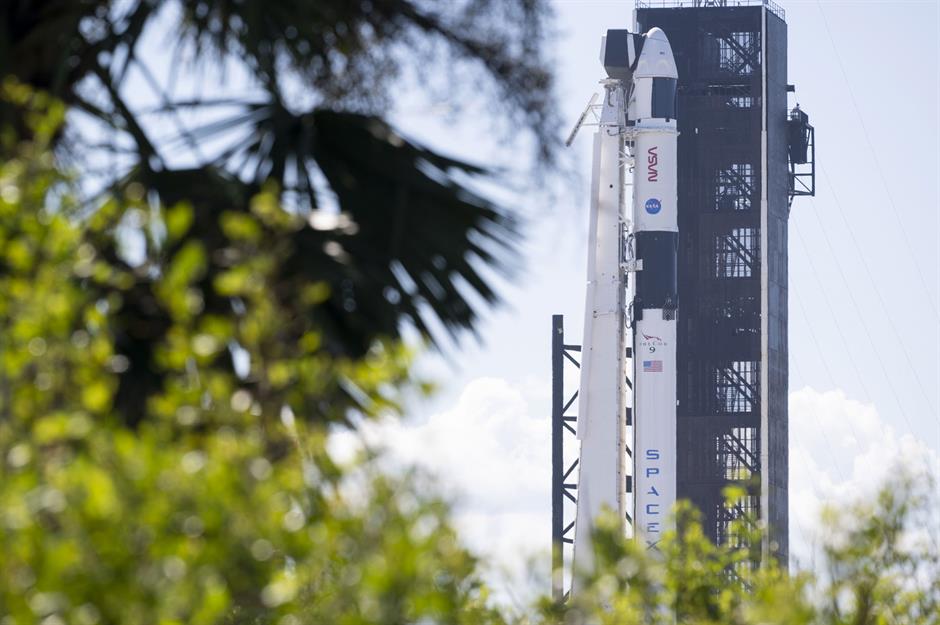
SpaceX has had a great year and is now worth a staggering $125 billion (£112bn), an increase of 25% from 2021. On top of ramping up missions and landing further lucrative billion-dollar NASA contracts, the private space company has been rapidly expanding its Starlink internet satellite network and expects to carry out the first Starship rocket launch as soon as November, or even October.
Meta
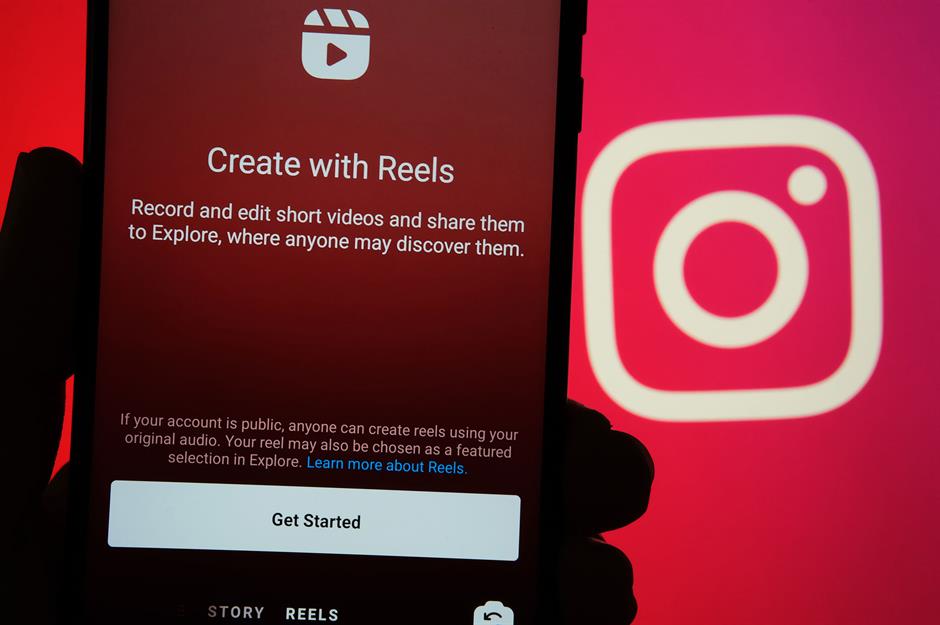
Meta hasn't been quite so lucky in 2022. The company posted its first-ever drop in year-on-year revenue in the second quarter of this year, an ominous sign if there ever was one. Gen Z continues to shun Facebook and Instagram in favour of TikTok and efforts to attract that demographic, such as the TikTok-esque Instagram Reels, don't appear to be pulling in the lucrative youth market as hoped.
Meta

Apple's privacy update has made it harder for Meta to target ads and this, together with a general downturn in ad spending, is hammering revenues. As a consequence, the company stock has dropped 60% to date this year, further than any other Big Tech firm.
CEO Mark Zuckerberg is responding by cutting staff for the first time and curtailing budgets across the business, and has said, rather pessimistically, that Meta will be a “somewhat smaller” organisation by the end of 2023.
AT&T
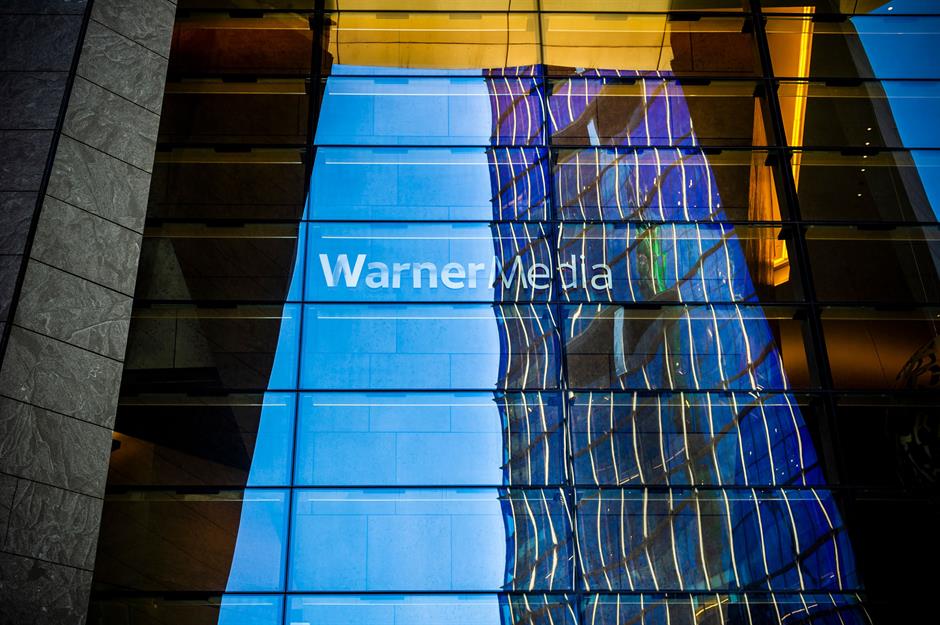
AT&T began the year up to its eyeballs in debt and was in the process of spinning off WarnerMedia for $43 billion (£32bn) to help balance the books. The sale has gone a long way towards getting the conglomerate back on track financially and puts it in a better position competitively with the focus now squarely on the telecoms business.
AT&T
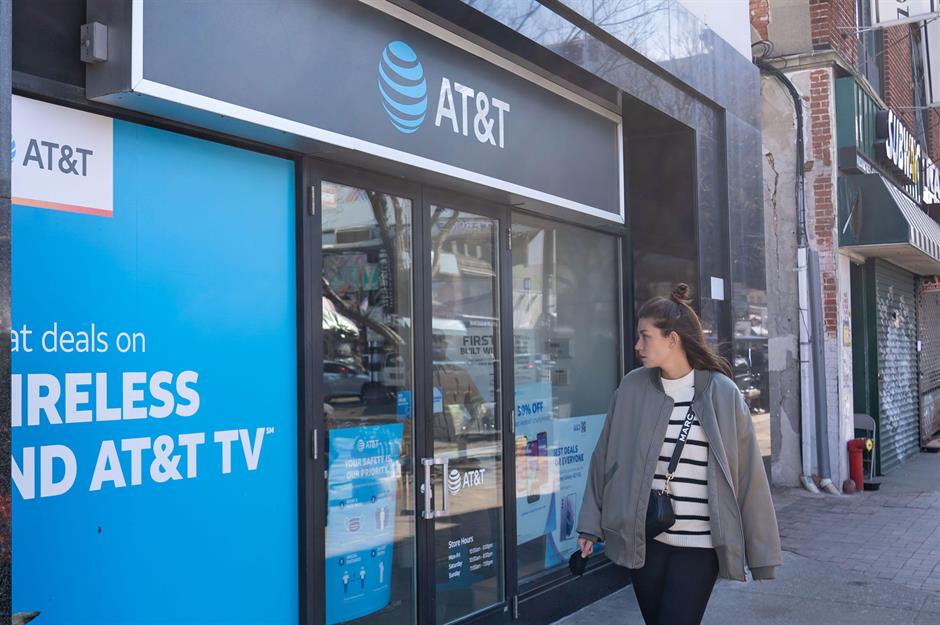
Nonetheless, AT&T stock is trading at its lowest price in 20 years. Shares in other telecom giants such as Verizon and Charter have declined dramatically this year too, so the malaise is industry-wide, but AT&T is experiencing its own unique set of problems. They include an issue with customers paying bills on time that has messed with cashflow.
Gap Inc
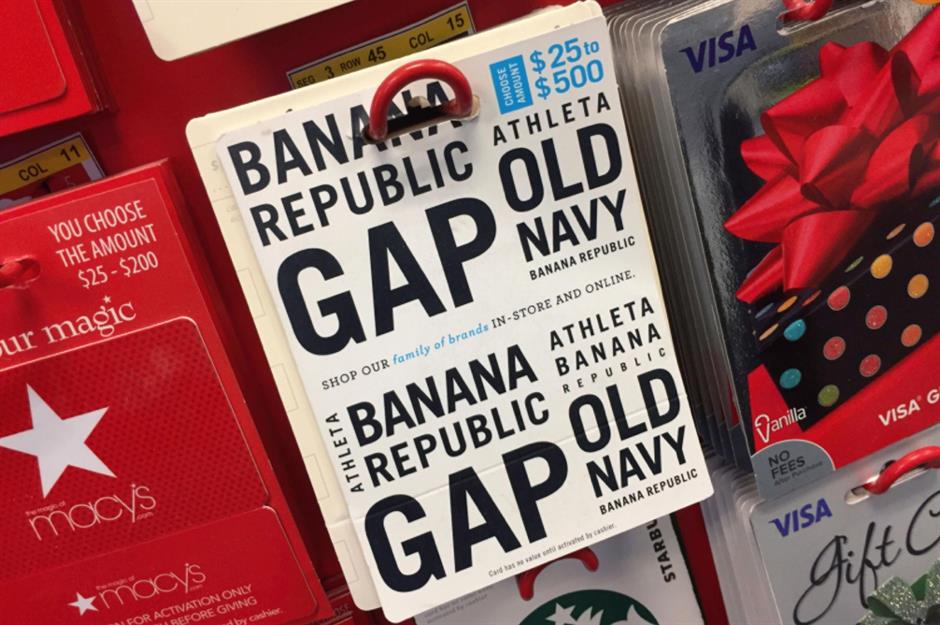
After a pretty dire 2021, Gap Inc has gone from the frying pan into the fire. Revenue and profits have tanked, with the company's ambitious restructuring plan, which entails the closure of 350 Gap and Banana Republic stores by the end of the year, seemingly having little positive effect. CEO Sonia Syngal was fired in July for failing to revitalise the business.
Gap Inc
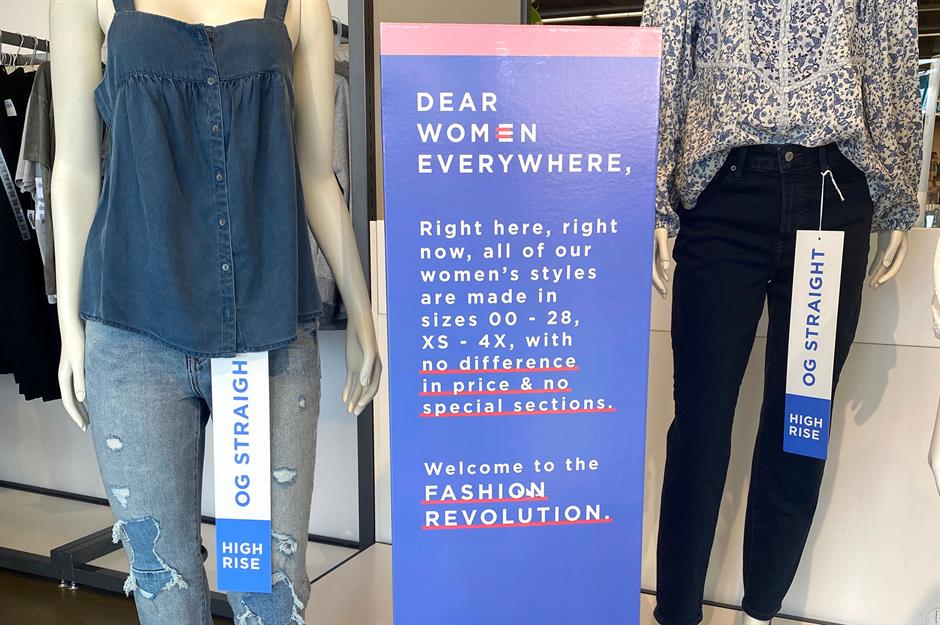
Though Syngal did a reasonable job expanding Gap Inc's e-commerce operations during the pandemic, she made a series of grave errors that cost the business dear, including a misguided attempt to introduce inclusive sizing at Old Navy, which resulted in a surplus of unsold stock. Gap Inc is still on the hunt for a permanent CEO. In the meantime, its share price is faltering, having plunged 55% since the start of January.
Paysafe

Paysafe's outlook has improved in some respects since the beginning of 2022. The UK-based multinational online payments company boasts a dynamic new CEO and has made several savvy North American acquisitions, expanding its reach on the continent. Its iGaming division and US merchant acquiring business are doing particularly well.
Paysafe
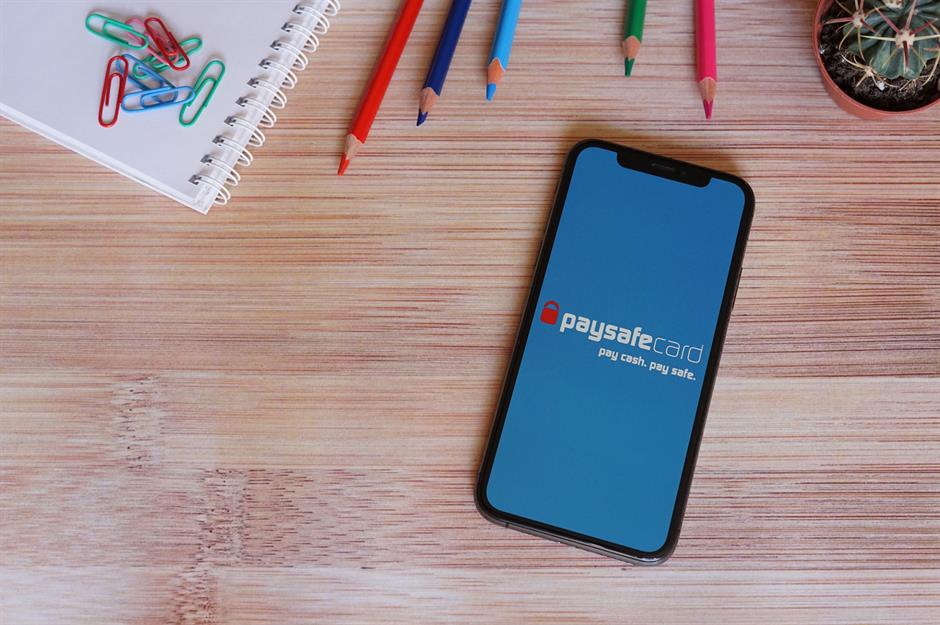
That said, the fintech firm is flagging in Europe due to tougher gambling regulations, the war in Ukraine and other growth obstacles. Its overall revenue for the second quarter of 2022 actually fell 1% year on year and revenue guidance for the entire year has been lowered. Analysts have been distinctly underwhelmed, and the company share price is down 66% since 1 January.
Citigroup

After a lacklustre 2021, chronically underperforming Citigroup saw profits fall back 46% in the first quarter of this year due to, among other factors, the war in Ukraine and expenses associated with the ambitious restructuring programme initiated by CEO Jane Fraser (pictured), who was appointed in March 2021.
Citigroup
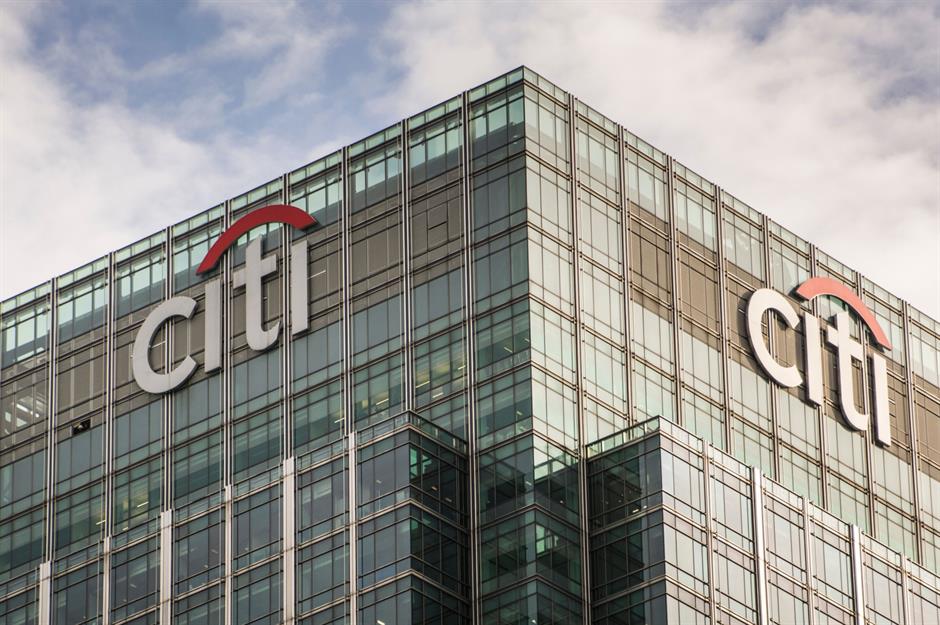
Citigroup impressed with a strong second quarter, which perked up its stock for a time, but the financial services company's share price has since fallen back and is actually down 34% since 1 January. This is partly owing to market reservations about Fraser's costly restructuring plan, which continues to eat into the company's earnings.

After a dismal 2021 when the image-sharing site came down off its pandemic high and lost 47 million monthly users, Pinterest has managed to buck the trend. This year, it's added an additional two million with the number stabilising at a very respectable 433 million, which is 98 million up on the total in Q4 2019, just before COVID hit.

The company's financials have, however, been rather disappointing so far in 2022, with year-on-year growth especially sluggish. This is reflected in Pinterest's share price, which has dropped 36% this year, though it's been trending up slightly since July. The firm's new CEO and increased focus on e-commerce and video could work wonders though and revenue growth is in fact projected to double in 2023.
Just Eat Takeaway
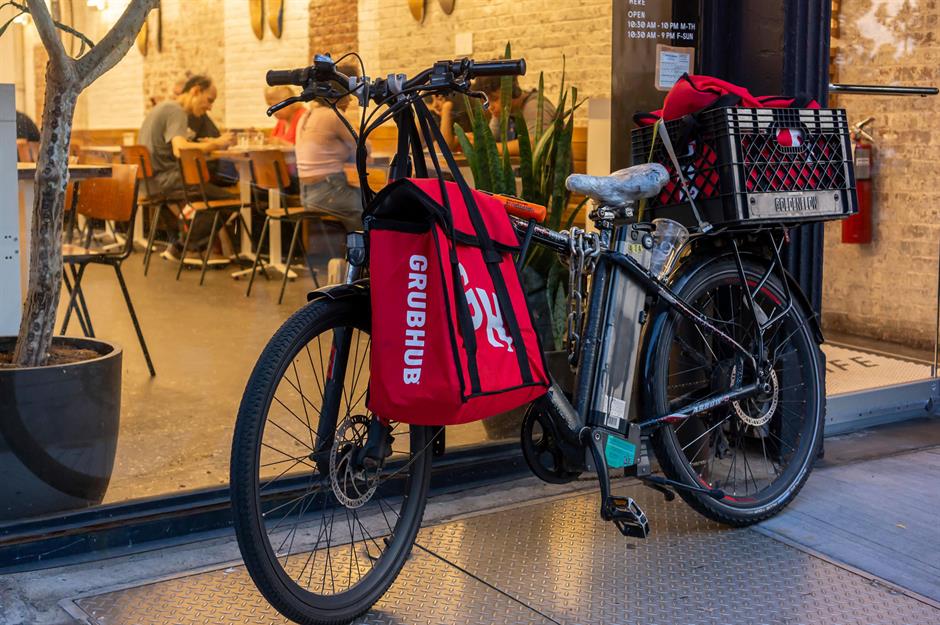
Just Eat Takeaway's disastrous acquisition of US rival Grubhub last year has cast a grim shadow over 2022 for the Dutch online delivery company, which had to write down the value of the purchase by $3.1 billion (£2.8bn) in August as orders fell away. The ill-fated buy also led to the departure of the company chairman.
Just Eat Takeaway
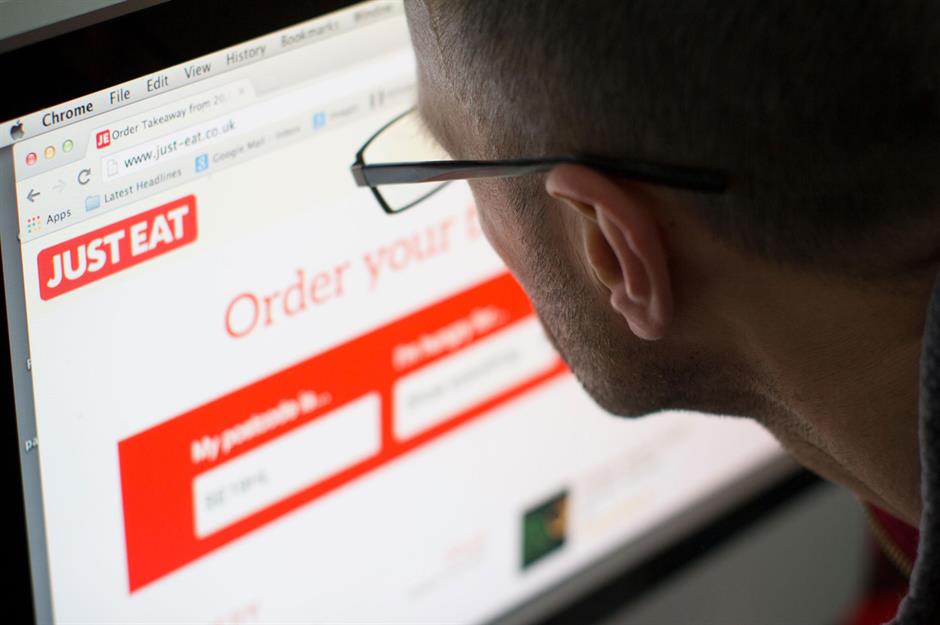
Just Eat Takeaway's Canadian subsidiary SkipTheDishes has been flagging too. But the tide may finally be turning – as long as a global recession doesn't come to pass, that is. The company has embarked on a sweeping cost-cutting drive and raised prices for restaurants and customers in a bid to improve its financials, and pleasantly surprised investors in September when it announced it would turn an underlying profit this year.
American Airlines
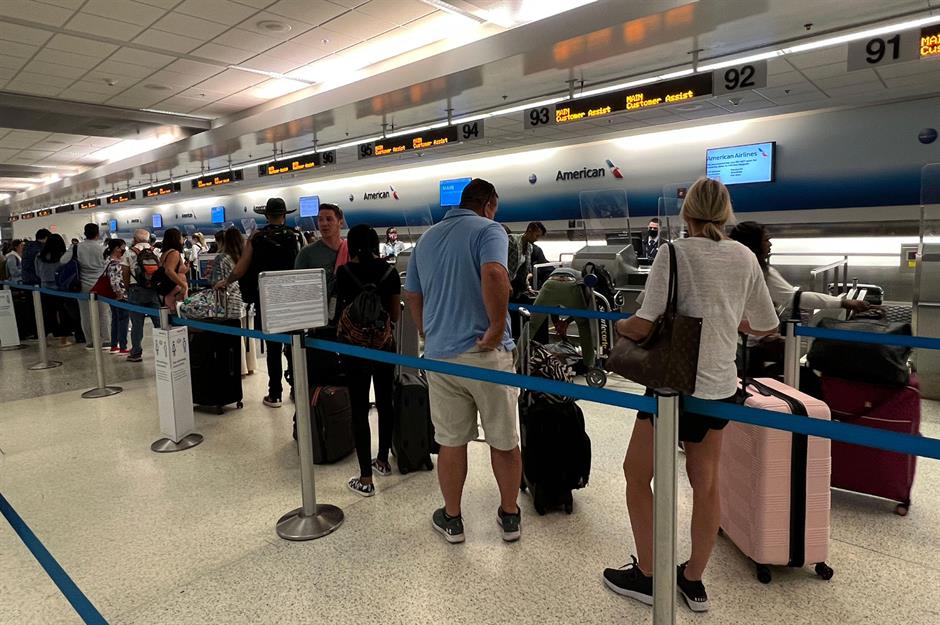
Things have definitely been looking up this year for American Airlines. The US carrier turned its first profit since the pandemic hit during the second quarter of 2022 off the back of record revenues, which climbed to $13.4 billion (£12bn) as passengers returned to the skies in their droves.
American Airlines
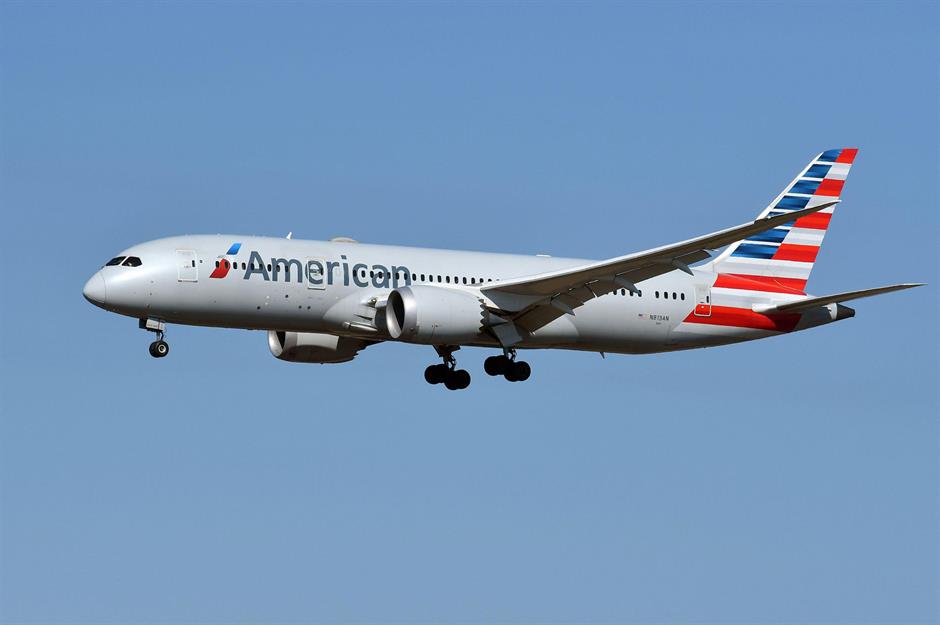
The figures were all the more impressive considering the airline has had to cope with staff shortages, high fuel prices and other headwinds. Yet it's these problems, coupled with the potential for a global recession, that are bearing heavily on the company share price, which has fallen 36% since the beginning of January.
Zillow
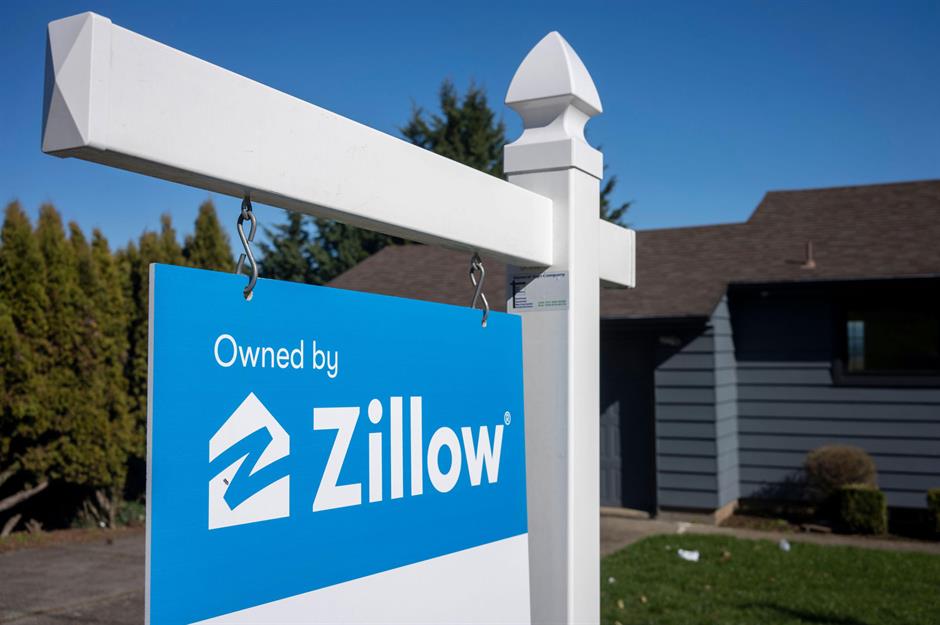
This year, online real estate marketplace Zillow has been dealing with a cooling US housing market and the fallout from the collapse of its iBuying arm, the firm's key revenue driver, which wound up last November incurring year-end losses of $881 million (£790m). Revenues are surging in 2022, but mainly as a result of the selloff of housing stock bought by the defunct division.
Zillow
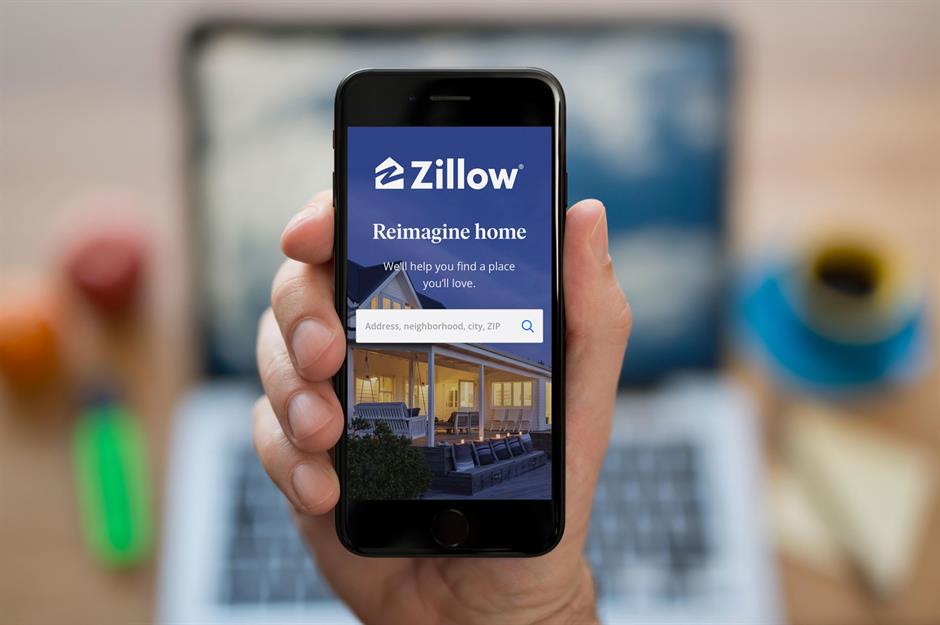
Net profits for the first two quarters amounted to just $24 million (£22m), down from $62 million (£56m) the previous year. To get its mojo back, Zillow is developing a "housing super app" that streamlines the entire moving process and could turn out to be a major money-maker for the company, which has seen its share price tumble 54% this year.
Now discover the American companies and brands that went from bust to boom
Comments
Be the first to comment
Do you want to comment on this article? You need to be signed in for this feature
Most Popular
Features How Michael Jackson's children boost their bank balances